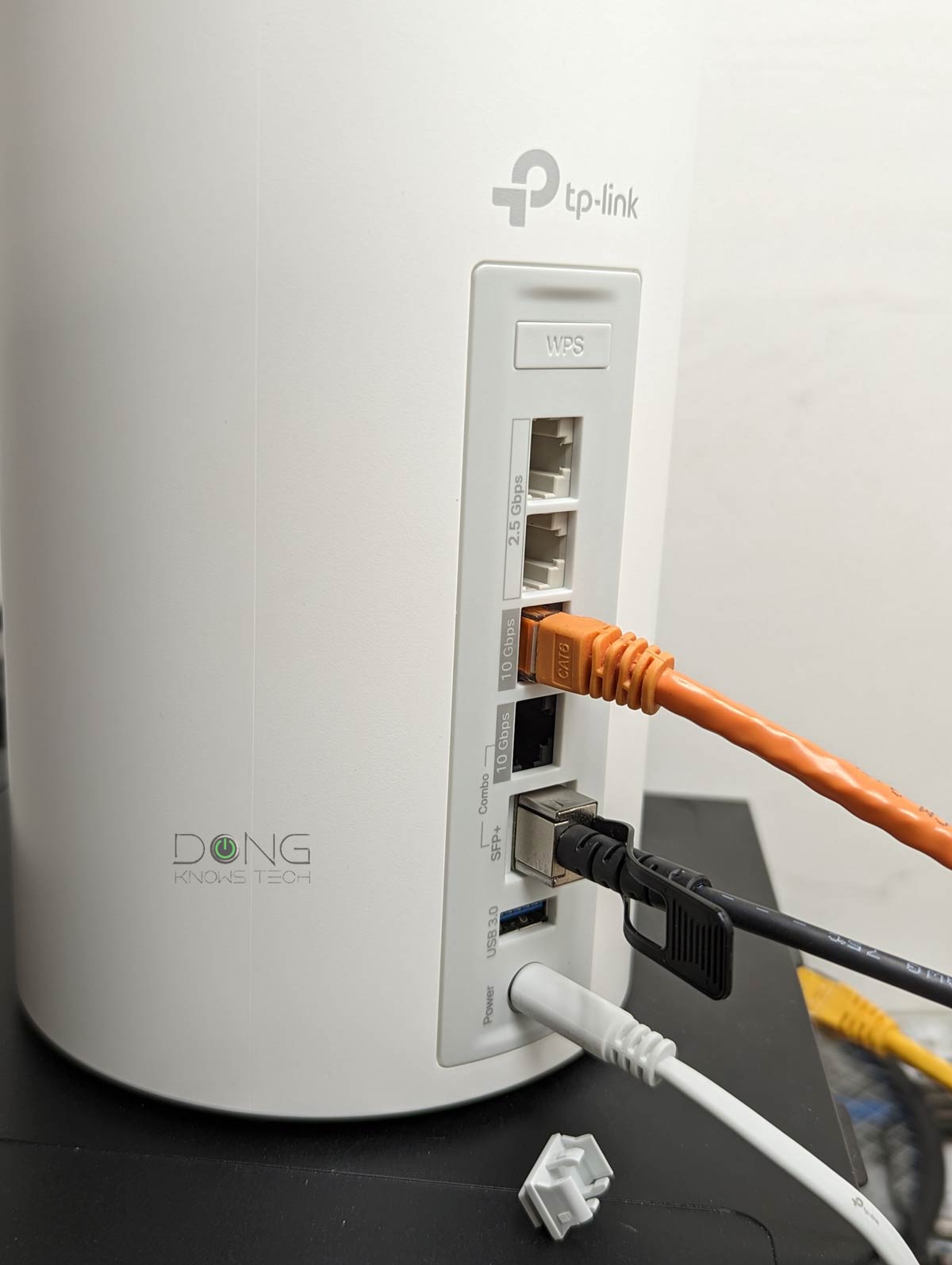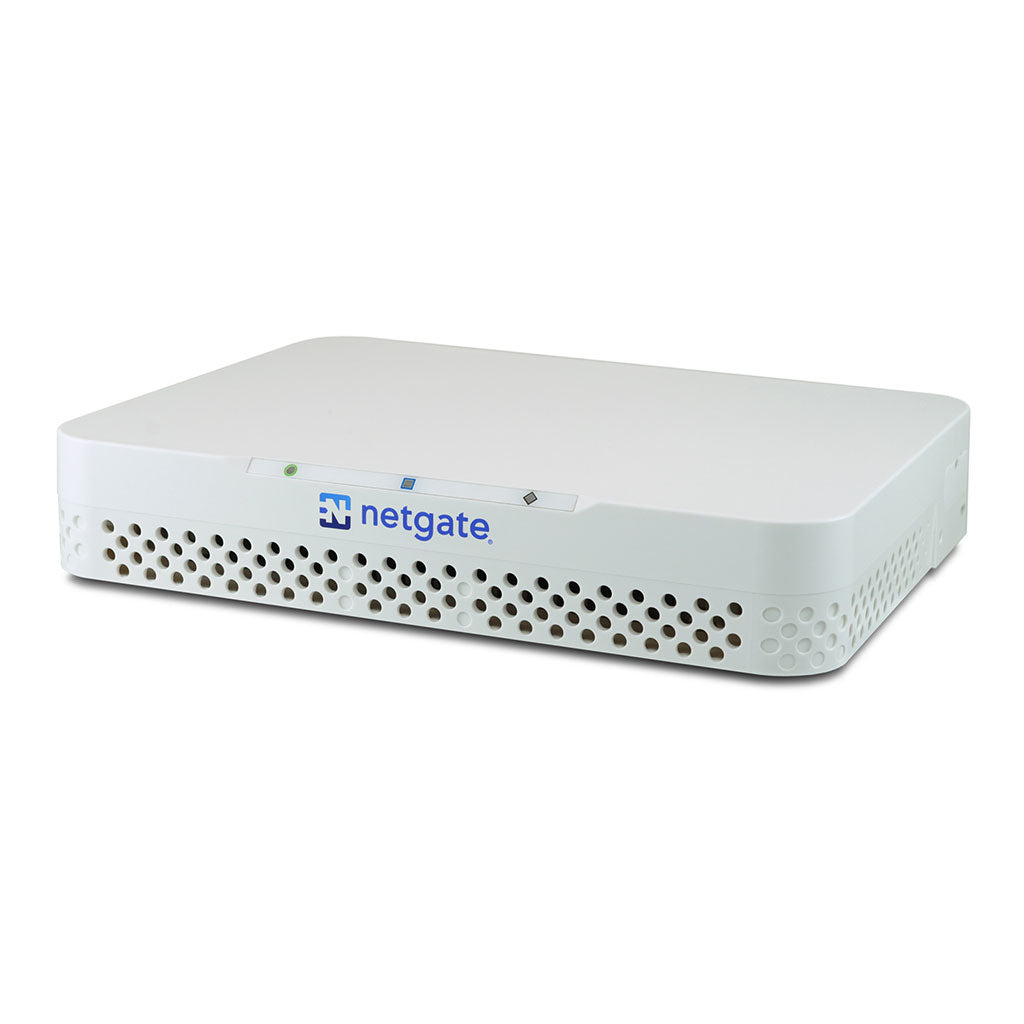So, you're looking for 802.3bz which is mgig / nbase-t which provides the 2.5 / 5 GE port speeds.
Looking to go beyond Gigabit without rewiring your home? Check out Multi-Gig Ethernet and how its hardware will completely transform your network performance.

dongknows.com
Narrowing the search using the standard will get better results. However, junk WIFI routers tend to pop to the top of the lists because that have higher rankings when not narrowing to specific standards.
I built my own using a PC and a NIC though and it's easy to manage. It's not a GUI but just some CLI entries in config files and just works. I put in a quad 5GE NIC for $200 and can hit over 400MB/s to the "NAS" side of it from my laptop.
Routers though off the shelf tend to be a crappy mix of port speeds though. MGIG hasn't really caught on in the consumer space though there are more devices adding 2.5GE ports recently. Mikrotik / Ubiquiti /
TPL though tend to have some options if you need something prepackaged.
There are options out there though. It depends on how much effort or cash you want to put into it.




